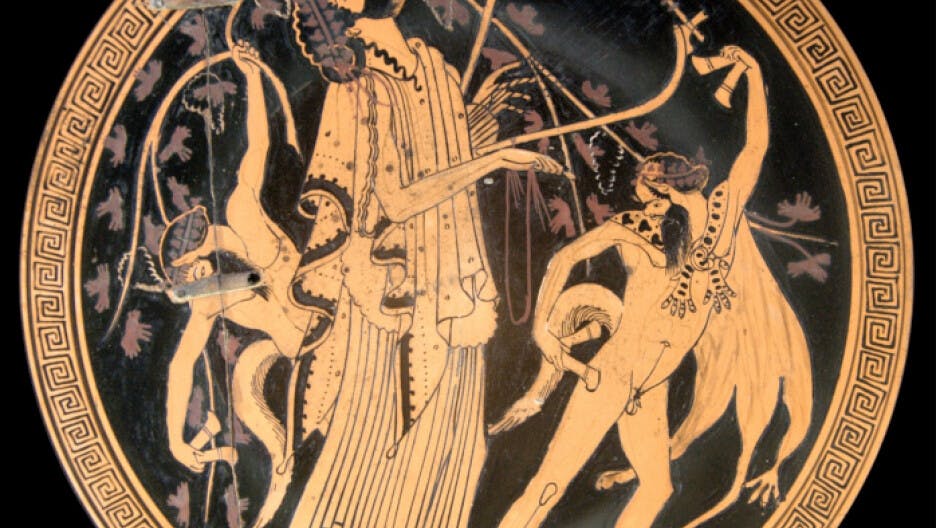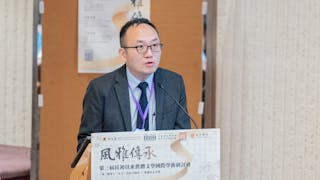中文摘要:受尼采哲學及雨傘運動啟發,本人希望組成「雨傘歌者」團隊。這個團隊並無政治或宗教目的,而是希望向大眾傳播:一、人類對愛與和平的理想世界的盼望;及二、人類奮力追求這個理想世界的意志,希望邀請有相同心志的人加入。
I have always wanted to set up a choral group for the under-privileged children/youth. This is under the inspiration of Nietzsche’s (1844-1900) concept of the “artistic life”. Everyone should live an artistic life. But it is NOT about one can draw or sing, but one sees the world the way an artist sees the world in his art when he creates it: the ideal world. While it is difficult to further define and predicate a life that is artistic, the opposite of this is easy to grasp: “a practical approach to living”, “one has always to go back to reality”.
According to Nietzsche, in his book The Birth of Tragedy from the Spirit of Music, in short The Birth of Tragedy (1872), in art, there is always the antinomy and conflict between the two kinds of elements that constitute true art: the pure, structured and theatrical elements in the formation of the work itself and the artist’s rule-breaking and passionate side that shows itself in the work. These two are “artistic powers which erupt from nature itself” (§2). The former is best exemplified in the “Apolline art of the image-maker or sculpture” and the latter in the “imageless art of music which is that of Dionysos” (God of Wine)(§1).
Of all forms of art, Nietzsche believed most in the power of music as this is the most abstract form of art: there is absolutely no object or, in Nietzsche’s word, no image presented. Under the intoxicating effect of music, the “artist”, whether he is the music creator, performer or listener, has the greatest freedom to “see and experience” possibilities of the ideal world, something that he can only come across in dreams. Here, we must note this is not his personal ideal world, e.g. his dream of becoming an astronaut, but what a world for mankind should be: a world of love and justice. While dreams can come true, the ideal world is never a reality. But to “see and experience” the ideal world in art or music gives one hope and motivation to break the bounds of reality.
And to break the bounds of reality, there is Nietzsche’s spirit of will to power: man must not submit to what is given to him in reality. In the context of Nietzsche, this means man is not to rely on the mercy of God, but to be a “super-human”, i.e. fight for subsistence under a will that is so strong that this has given him the power to fight. In this sense, Nietzsche is anti-Christ. Of course, my intention here is NOT anti-religious, but, given there is the reality, man himself must do his own part to fight for the ideal world (of love and justice) and never give up.
In the current Umbrella Movement in Hong Kong, the umbrella is there to physically fight against arms and weapons. It is such an imbalance of power and this is such an unrealistic means to fight. Yet it is a touching symbol of man in his will to power: people’s humble, but persistent, fight against injustice. And they practise love and peace daily in their fights. In the Movement, I have seen both the most beautiful and darkest side of human nature.
The Umbrella Singers gets its inspiration from the Umbrella Movement and Nietzsche, but it is NOT a music group for political or religious purposes. It is a group of singers spreading messages on (1) hopes for the ideal world: a world of love and justice; (2) man’s power to will to strive to reach this ideal world.
I invite those who share with me my mission to come join the Umbrella Singers (UmS). Please send me an email to [email protected] giving me your name and email address. As UmS is a group that readily sings, applicants who are musically trained are preferred.




































